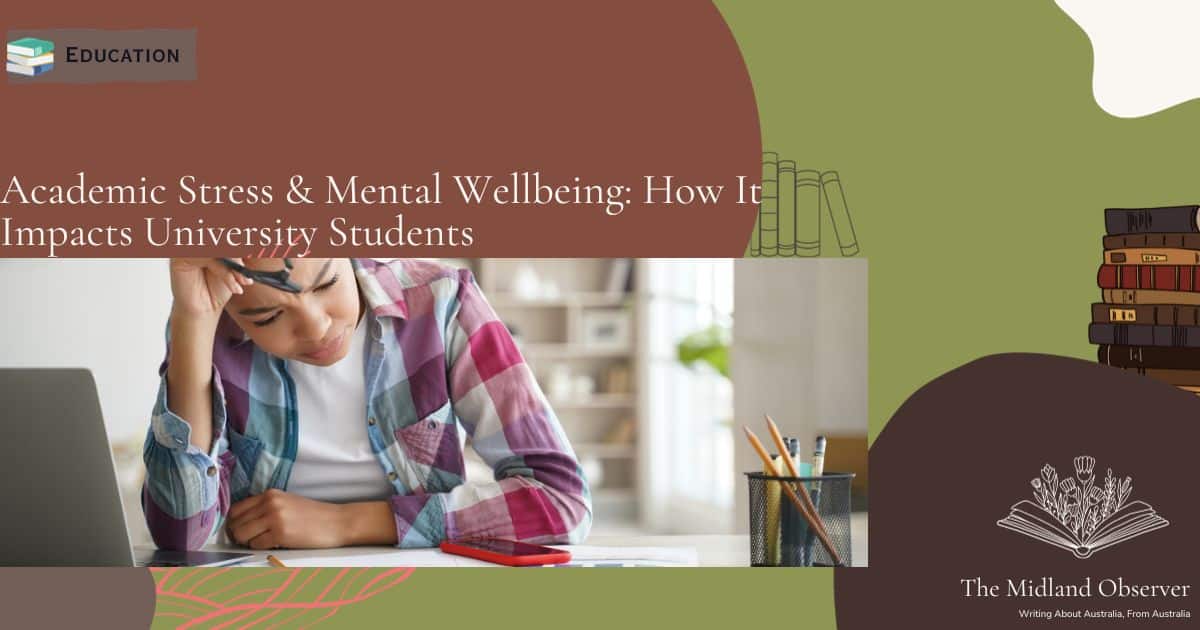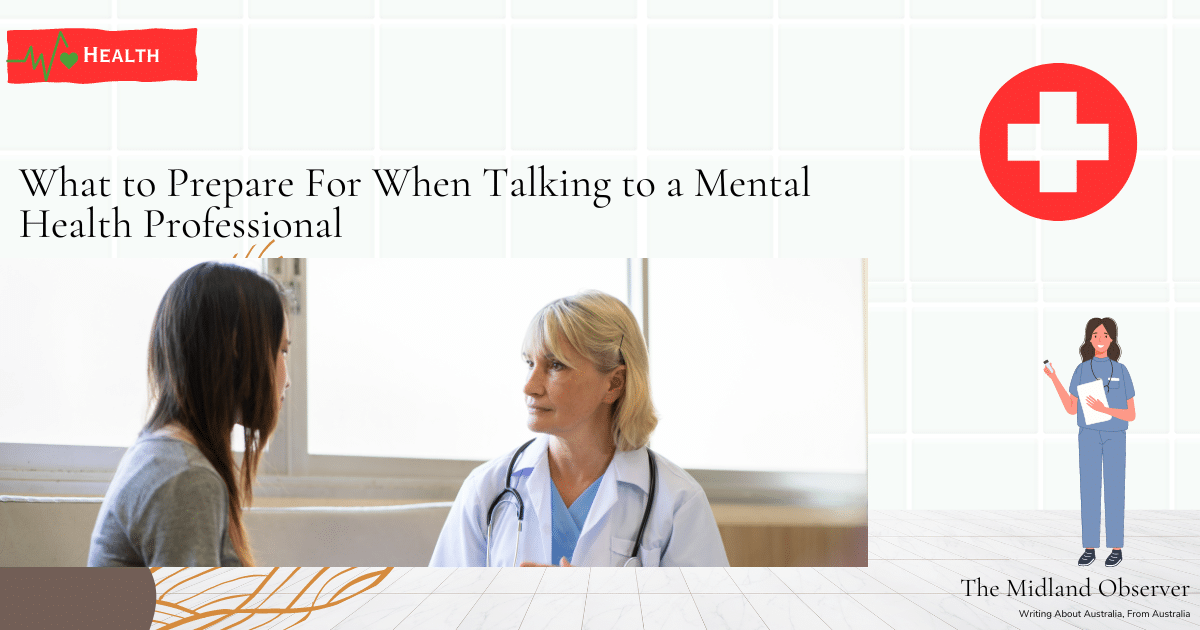If you’re a student at university, you’ll know all too well about the academic stress and pressure you’re under while completing your degree. Unfortunately, extreme stress can lead to emotional fatigue, burnout, and in some cases, psychological disorders such as anxiety, depression, and disrupted eating habits.
If your mental well-being is important to you, it’s essential to develop self-care strategies to ensure that you are looking after yourself while you study. These include adopting healthy habits such as a balanced diet, regular exercise, and quality sleep. If all else fails – don’t forget to ask for help, and seek the support of a licensed therapist. After all, your mental well-being as a student is paramount, and you must avoid the side effects of extreme stress to perform at optimum capacity.
Let’s discuss.
Signs of Stress: How to Tell If Your University Studies Are Burning You Out
Some of the common side effects of academic stress on university students are:
Insomnia
If you’re stressed, often, you’ll have trouble sleeping. Stress is one of the biggest causes of insomnia, and it can keep you up at night. If you have trouble either getting to sleep or staying asleep, this will have continued effects on your mood and energy levels.
The truth is, we need quality sleep to be able to function well. Poor sleeping habits impact our ability to think, focus and concentrate on tasks at hand. They can also exacerbate our mental health issues, especially if we are predisposed to mental illness.
Disordered eating
Eating disorders are, concerningly, a common sign of stress. From losing your appetite completely to engaging in binge eating, unhealthy eating habits can become a coping mechanism for some students.
Some of the most commonly observed forms of stress-related eating disturbances include:
- Anorexia Nervosa
- Bulimia Nervosa
- Binge Eating Disorder
Importantly, eating disorders can not only arise as a result of stress, they can also exacerbate it. If you are not eating healthily or getting the essential nutrients your body needs, your mental state will also be adversely impacted.
Even if you are not experiencing an eating disorder, it can be tempting to reach for junk food or unhealthy options when you are stressed. Commonly known as comfort eating, this does not help reduce stress at all. Instead, it can cause weight gain and other unhealthy side effects.
Anxiety
What is anxiety? Anxiety comes in many different forms and can be experienced by as many as 1 in 4 Australians in their lifetime. Common symptoms are a constant feeling of being on edge, extreme worry, and always feeling like something bad is about to happen. This is more than the fight or flight response to situations that arise in life. It is chronic, continuous, and can be hard to shake without seeking professional help.
Depression
Granted, all of us experience low moods from time to time. But, if you are so emotionally fatigued that you are finding it hard to function, you could be experiencing depression. Depression is characterised by chronically negative moods, not just feeling sad from time to time. It can stop you from enjoying activities you usually take pleasure in.
Common symptoms of depression – along with low moods – include reduced energy levels, difficulty concentrating, and feelings of worry or fear.
Healthy Coping Mechanisms: How to Combat Academic Stress as a University Student
Combat academic stress by adopting healthy lifestyle choices, such as:
A Solid Sleep Schedule
How do you establish a good sleep schedule? First, it helps to get into a routine. Try to stick to the same bedtime every night, and avoid snoozing your alarm in the morning. Good sleep hygiene also requires you to get into bed at a reasonable hour every night. You might also find that a calming night routine will help you wind down and get to sleep. Take a warm bath or shower, apply some soothing skin care, and perhaps perform a calming meditation once you get into bed. Try to avoid blue light from your phone or other electronic devices right before lights out. Avoid high-BPM music or stimulants such as coffee right before bed as well.
A Healthy, Balanced Diet
A key to reducing stress is to ensure you are getting the nourishment you need from your diet. A balanced diet of leafy green vegetables, fatty acids from fish, and lean protein sources, will help you feel satiated. It will also feed your brain, so you can study more effectively! Fish oil from fatty fish such as salmon and trout does wonders for our grey matter. Similarly, a nutritious snack of walnuts will also help fuel your brain power.
Regular Excercise
Complement your healthy diet with regular exercise. Endorphins have been proven to provide stress relief and can be generated with light to moderate cardiovascular movement. If you’re dreading the treadmill, find an exercise option you enjoy! Try a Latin or ballroom dance class, for example, or shake it at Zumba. You may prefer the solitude of running alone, or, you can join a run club or a walking group. Walking groups are a great way to get in some exercise, while also being social. Whatever type of exercise you choose to do – make it fun!
Quality Time With Family and Friends
Speaking of social life, don’t forget to spend some quality time with your loved ones. Filling your cup with social activities will help balance out the stress you feel while completing your uni assignments. Try planning a fun outing with your significant other. If you are single, book a girl date with your closest pals. You won’t regret it! Instead, you will return to your studies refreshed, and ready to tackle the tasks ahead of you.
Appointments with a Licensed Therapist
Lastly, don’t be afraid to ask for help. With stress, fatigue and burnout on the rise for many university students, the good news is that there are licensed therapists available to assist. Remember – seeking professional help is not a sign of weakness. Instead, it shows that you are strong enough to acknowledge that you need to work on yourself.







